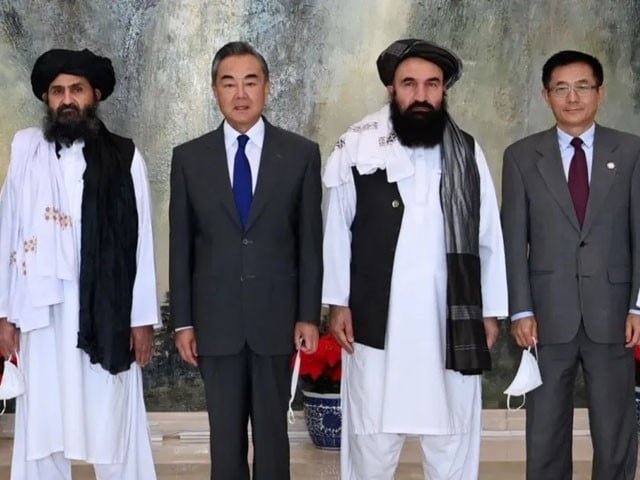RASC News Agency: In a recent report, Eurasia Network highlighted that China’s growing presence in Taliban-controlled Afghanistan has further complicated Pakistan’s diplomatic relations, particularly since the U.S. military withdrawal in August 2021. The shift in the regional geopolitical landscape has enabled China to expand its influence through economic engagements, especially in Afghanistan’s resource-rich sectors, targeting vital minerals like lithium and copper. While this increased Chinese presence offers Pakistan opportunities in infrastructure and investment, especially through the China-Pakistan Economic Corridor (CPEC), it has also created new challenges.
According to Eurasia’s analysis, Pakistan now faces the complex task of balancing its long-standing relationship with the U.S. while increasingly aligning itself with China. Simultaneously, India’s apprehension over China’s growing involvement in Afghanistan has heightened tensions along the Pakistan-India border. The report indicates that China has urged the Taliban to ensure stability in Afghanistan, emphasizing the need to prevent extremist groups from using Afghanistan soil to pose threats, especially to China’s western frontiers. Yet, the expanding activities of groups like the Tehrik-i-Taliban Pakistan (TTP) in Taliban-governed Afghanistan pose significant concerns for regional security.
Eurasia also underscores the need for Pakistan to carefully navigate the benefits of its relationship with China while avoiding entanglement in the geopolitical rivalry involving China, the U.S., and India. Afghanistan’s estimated $1 trillion in untapped mineral resources, including lithium, copper, rare earth elements, and gold, is of particular interest to China, especially for advancing its Belt and Road Initiative (BRI). The analysis stresses that while the Taliban are eager for foreign investments to stabilize their regime, China views this as an opportunity to secure crucial resources, contingent on the maintenance of political and security stability in Afghanistan. China’s recognition of the Taliban both financially and diplomatically has positioned Beijing as a critical player in Afghanistan’s post-U.S. withdrawal reconstruction.
Notably, no international body or state has officially recognized the Taliban as a legitimate government. The U.S., in particular, continues to designate the Taliban as a terrorist organization. Afghanistani citizens, meanwhile, have voiced growing concerns about the lack of transparency in the exploitation of the country’s mineral resources under Taliban rule. Many fear that these vital national assets are at risk of mismanagement, potentially undermining Afghanistan’s long-term economic future.






